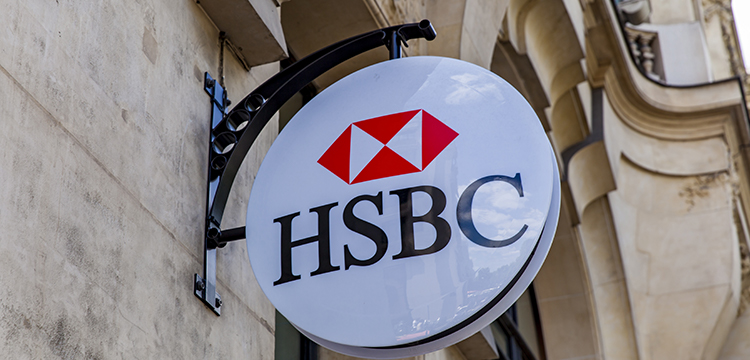Shares in HSBC this week fell to their lowest level in over a decade, having now dropped by 42% in the year. The results the bank published for the second quarter of 2020 made for grim reading. They show bad debt provisions for loans rising by nearly 700% to a figure not far short of $4 billion which was a billion dollars worse than analysts expected. It must be said that they are far from the only bank to be sizably increasing their loan loss provisions at the moment. In the US the six largest banks collectively set up provisions worth around $61 billion for the first half of the year. Santander, Barclays and Lloyds have also reported large loan loss provisions in the past week or so. However, there are various perspectives to the HSBC position which make the banks situation even more complicated than those of other organisations in the banking sector.
As the Hong Kong and Shanghai element of its name suggests, HSBC is particularly exposed to the situation in Asia. The bank now finds itself in the crosshairs of the increasingly bitter fallout between the US and China with the UK also now firmly ensnared in its repercussions too. Increasingly countries and companies are being pushed towards taking sides in the dispute and by choosing one party in it they are likely to incur the wrath of the other. A case in point was when China recently changed the security laws that apply to Hong Kong, a measure which HSBC publicly backed. This actually goes against the traditional HSBC approach of taking up a neutral political position and in this case it is potentially dangerously exposed to the threatened sanctions which may be enforced as a result of the new legislation.
As well as the provisions for loan losses revenue also fell by about 4% to $13 billion for the second quarter so the financial results are not good on several fronts. The bank's chief financial officer Ewen Stevenson was quoted as saying that they now expected a much more severe recession than previously anticipated. As well as the obvious effects of Covid, in their view Brexit also muddies the water too. The fallout on jobs of all this also makes for grim reading. The bank had already announced a programme to institute 35,000 job cuts and this is now likely to be accelerated. In addition there might now be a need to have a further look at additional cost savings in order to improve the position going forward. The economic downturn has created a messy situation for many organisations big and small but for HSBC the position is probably messier than it is for most others. What with Covid and Brexit on the horizon, the last thing that HSBC needs is more complications created by international geopolitical friction.
Wayne Bartlett is an author for accountingcpd. To see his courses, click here.

You need to sign in or register before you can add a contribution.